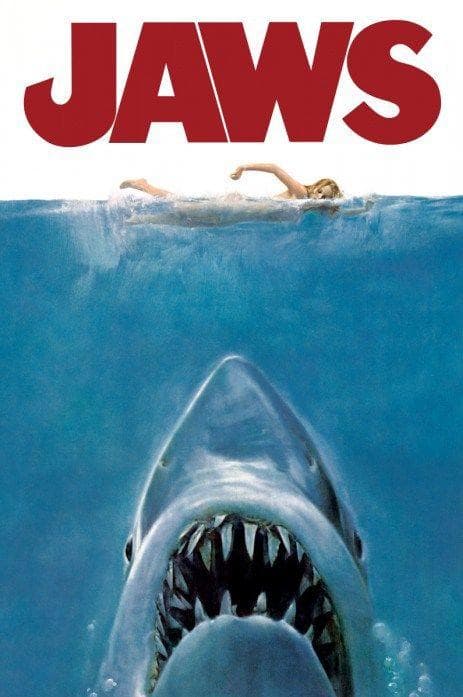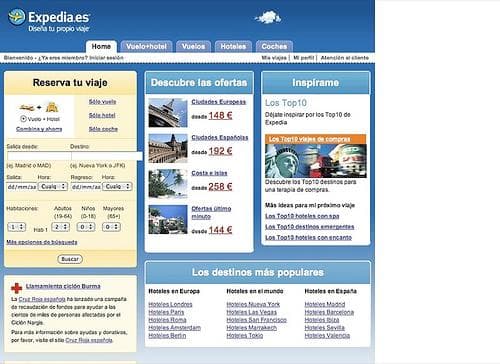-
(#1) Alcohol Isn’t Included In Most “All-Inclusive” Packages
The term "all-inclusive cruise" can be misleading. Alcohol is almost never included, especially on more affordable cruise ships. In most cases, only tap water, coffee, milk, and juice are covered in the all-inclusive deal. Even soda isn't part of the package.
Those tropical, frozen cocktails passengers sip in ads can cost upwards of $10, with an added 15% gratuity tacked on to all alcoholic beverages.
A few cruise lines offer drink packages where travelers pay $50 per day for unlimited drinks. This also includes a 15% gratuity, though, and the amount of drinks served is monitored so no one abuses the deal.
-
(#2) Charging Everything To Your Cabin Is A Psychological Trick To Make You Spend More
Most passengers don’t realize how much they're spending while on a cruise. That's because they typically charge everything to their cabin, which is a psychological trick. That $7 beer, $10 glass of wine, or $12 cocktail is easy to order when you don't pay for it upfront. At the end of the cruise, however, travelers receive a bill for their daily drinks, and things can add up on a week-long cruise.
Encouraging customers to avoid using cash is the same psychological trap employed by casinos, where chips replace actual currency. Cruise lines also trick passengers into overspending by offering "buy two, get one free" deals or half-off specials.
-
(#3) The Destination May Be Amazing, But The Port Fee You're Charged Is Not
Cruise ships don’t just sail around for free, and passengers end up footing those bills. Port fees cover tolls, ship inspections, immigration and naturalization costs, baggage handling at embarkation and disembarkation, and other expenses the average passenger likely doesn't consider when booking a cruise. Fees vary depending on the cruise line and size of the ship, and passengers can get hit with an additional bill which adds 12 to 50 percent onto the base fare.
The exact amount is calculated and divided among all the passengers of the ship, but cruise lines use different methods of collecting this fee. In some cases, passengers receive notification up front when they book their trip; in other cases, they get an additional bill weeks before their trip that they're stuck paying. Either way, passengers should always read the fine print when booking to prepare for these fees.
-
(#4) Single Travelers Have To Pay Extra
The activities, atmosphere, and general spirit of camaraderie mean cruises are great places to make friends, so booking a solo cruise isn’t such a lonely prospect. It is more expensive, though.
Because cruise ships generally book two (or more) guests to a room, they may charge a single supplement fee to those lodging alone to help soften the hit. This single supplement charge can range from 10% to 100% of the cruise cost. The solo cruiser may be better off finding a stranger to bunk with, rather than paying twice as much.
-
(#5) Want To Stay Connected? Wi-Fi May Cost You $45 Per Hour
Posting fabulous vacation photos to Instagram may be part of the fun, but on a cruise, it'll cost you. While people expect complimentary Wi-Fi in everywhere from coffee shops to bars to airports, cruise ships only offer Wi-Fi at a steep cost.
Some cruise lines charge $15 to $25 per day for unlimited Wi-Fi, but it depends on the quality of their internet and how many other passengers have already purchased access. If a passenger would rather go online à la carte, access can be purchased for around $0.75 per minute, with discounts for larger blocks of time. Despite the high cost, these satellite-based internet connections are typically slower and less dependable than the connections back home.
-
(#6) There's An Automatic Gratuity Tacked Onto Pretty Much Everything
Hopefully, passengers enjoy the clean, animal-shaped towels left in their cabin - because they're paying for them. Many cruise lines tack on a $9 to $12 gratuity every day, which is shared among the housekeeping staff. There is also a mandatory gratuity of 15% to 18% for all alcoholic beverages. Obviously, the staff deserves the compensation, but it's best to know about these charges in advance, since they can add up by the end of a trip.
-
(#7) Your Coffee Is Free, But Your Latte Costs Extra
If a passenger prefers a latte instead of coffee, it'll cost extra. Generally, cruises provide tap water, juice, milk, and coffee. A bottled water can cost $5 and a can of Coke during dinner costs about half that. Some cruise lines offer “bottomless bubbles,” but it's not a champagne special. Instead, it’s a bottomless soda package for $6.50 per day. So, it’s not just those frozen piña coladas that cost passengers a little extra dough.
-
(#8) Expect Corkage Fees If You Bring Your Own Wine
Some cruise lines allow passengers to carry on one bottle of wine or champagne, which can be enjoyed at dinner or to toast in the privacy of their own cabin. While this seems like a frugal way to drink onboard, that bottle of wine comes with a fee of its own.
Cruise lines typically charge a corkage fee, which can be as high as $25 per bottle. Other lines allow passengers to bring an unlimited amount of wine onboard for a flat corkage fee, letting passengers save a little money on the trip.
-
(#9) If You Miss Your Ship At A Port Stop, It'll Cost You
The fear of being stranded on an island has existed for centuries, but it can also become a financial nightmare if your cruise ship leaves you behind. If this happens, it can cost a passenger much more than peace of mind. The abandoned traveler needs to find a port agent, who will give them two options: make arrangements to join their ship at the next port or go home. Either way, the passenger needs to pay for transportation.
On top of that, the passenger pays to retrieve their belongings if they choose to return home. It’s best to just pay close attention to the docking times and avoid this very frustrating, very expensive experience.
-
(#10) Pack Enough Clothes For The Entire Trip, Because On-Board Laundry Costs Extra
Pack an outfit for every day of the cruise - or enjoy wearing your dirty clothes for some of the trip, because onboard laundry is borderline robbery. It can cost up to $6 for one item to get dry-cleaned. Cleaning a bag of laundry runs upwards of $50. Some lines, though, do offer an unlimited service for $109 per cabin. Regardless of the cost, on-ship laundry services do not guarantee items will return undamaged.
-
(#11) Spa Treatments Cost More Than On Dry Land
Indulging in a spa treatment while on a cruise ship seems tempting, but the cost is anything but relaxing. Basic massages and facials can start at $120, and the pricing goes up from there. A 75-minute facial can cost up to $325. Many passengers also note that after the relaxing massage or facial, they were given long pitches and encouraged to buy products - undercutting any inner peace they just achieved.
-
(#12) Want To Cancel? If It's Less Than 90 Days Ahead, You'll Likely Be Stuck With The Full Bill
What if someone wants to cancel their cruise? That’ll cost them, too. Each line has their own cancellation policy, and some are more lenient than others. Almost every line, though, will charge the full cost of the cruise if it’s canceled 14 days or less beforehand. And many cruises will keep the deposit even if you cancel 90 days ahead. So, it seems the best way to get most, if not all, of your money back is by canceling 120 days before the cruise.
New Random Displays Display All By Ranking
About This Tool
I believe everyone must be deeply impressed by the luxurious cruise in Titanic. Many cruise lines in the world provide services and entertainment that are more luxurious and comfortable than 5-star hotels, as well as exquisite foods. As a new tourism trend, more people would choose cruise travel rather than hotel vacations. Passengers will spend a coveted vacation on the cruise, which includes accommodation, dining, and entertainment.
But at the end of the vacation, many people find that the actual cost is much higher than the planned budget. The expensive cruise ships are usually due to various paid facilities and services, such as paid restaurants or souvenirs. Here are random 12 reasons why cruise vacations are much more expensive than expected.
Our data comes from Ranker, If you want to participate in the ranking of items displayed on this page, please click here.









